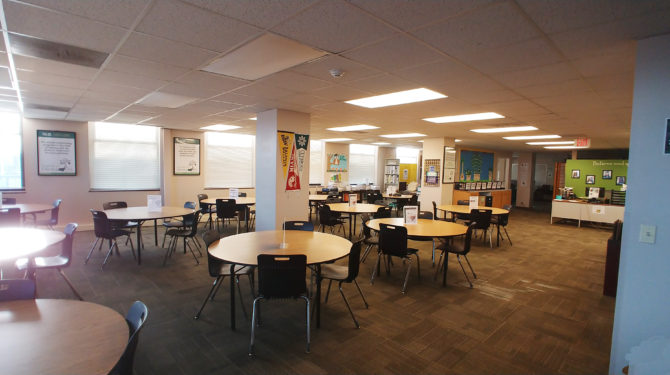4 Common Reasons People Drop Out of School

Too often the image of a person who left school is a negative stereotype. It can be easy to pretend to know the story behind a statistic without putting a face to what that looks like in the real world.
The reasons people leave are as varied as the people themselves, and researchers differ in how they categorize them. But there are common threads and compelling reasons why people don’t complete their education on the traditional timeline. Here are some of the most pressing.
1. To take care of family
While pregnancy is not an uncommon reason for a teen girl to leave school, other kinds of family needs can pressure young people — both female and male — away from school.
Sometimes the young person might end up being responsible for taking care of younger siblings or even their own parents. Imagine: if a health complication or other life event makes the adult of a family unable to head the household, that responsibility can fall on the shoulders of a teen — shoulders that previously held a book bag.
2. To earn money
A steady income can be a very powerful lure for a young person, especially when that person is of a low-income family and struggles to have their daily needs met. For many, a job seems more immediately useful than polynomials or Charles Dickens.
Particularly in the past when more jobs were available without a high school or GED credential, it was easier for a student to opt for money over a degree. Having an income also means that the young person can contribute to providing for their family — sometimes required for the family to be able to pay for necessities.
3. Because they were “pushed out“
Researchers use the term “pushed out“ for when a student feels that he or she isn’t welcomed or doesn’t belong in school.
Many different situations fall under being pushed out: poor grades, too many absences, and behavior that leads to punishments; acting-out behavior which may lead to subtle or overt cues from school officials that the student should transfer or drop out; not being able to keep up with the class work or even the feeling that they won’t be able to pass; feeling unsafe in their school or on the way to and from school.
4. No support, encouragement, or stability
Other times, the student may not have the necessary support at home or at school to help them achieve academic success. Maybe there is instability in their home life or no role model who exemplifies the benefits of completing high school. If a young learner is already struggling in school, the lack of a support system can complicate their situation and increase their feelings of discouragement while undermining the value of education.
There often isn’t a single reason for a young person to leave school. Many factors can overlap and influence each other. It’s important to keep these things in mind when working with an adult learner: their history is as complex — and deserving of respect — as anyone’s.
You can’t presume their past, but you can help them toward their future.
Make a difference in the life of an adult learner. Donate today.



